
2020 President’s Community Impact Awards
Waterloo’s leaders come from all corners of our University and out in the community

Waterloo’s leaders come from all corners of our University and out in the community
By Natalie Quinlan University RelationsThe University of Waterloo is pleased to recognize four outstanding community members as recipients of this year’s President’s Community Impact Awards.
In its fourth year, the President’s Community Impact Awards were created to celebrate the rich connections between the University and Waterloo region communities.
Ambika Opal (BASc ’17) and Paul Parker receive the Community Leader awards for their outstanding volunteerism and community outreach.
Community organizations Sanctuary Refugee Health Centre and KW Legacy Leaders receive the University Champion awards in recognition of their incredible partnerships with the University of Waterloo.
Meet each recipient:
 Ambika Opal
Ambika Opal
Ambika Opal demonstrates her commitment to sustainability and social inclusion through avid volunteerism. She sits on the boards of the Social Development Centre Waterloo Region and REEP Green Solutions, and volunteers with newcomers at Reception House Waterloo Region. She is committed to youth engagement, coaching for several years with Special Olympics KW and the KW Sertoma Speed Skating Club, and she is a former facilitator of the Waterloo Riding Youth Council. During the COVID-19 pandemic, Ambika has sewed masks, supported remote learning for newcomer families and planned outdoor concerts for seniors.
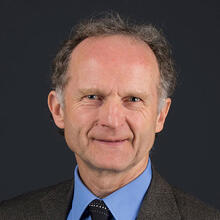 Paul Parker
Paul Parker
Twenty-one years ago, Faculty of Environment professor Paul Parker joined with three University of Waterloo colleagues and a local non-profit to create the Residential Energy Efficiency Project, now REEP Green Solutions. Their goal was to match academic research with practical action in the community, and Paul’s passion for climate action has led to tremendous impact. As a community advocate and champion of student engagement in the community, Paul’s commitment has included longstanding participation on the REEP board of directors, including five years as chair.
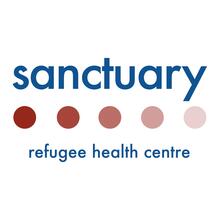 Sanctuary Refugee Health Centre
Sanctuary Refugee Health Centre
Since its beginnings in 2013, Sanctuary Refugee Health Centre (SRHC) has grown into a non-profit organization located in downtown Kitchener that cares for over 5,400 patients from 84 countries. They have initiated two substantial research partnerships with the University of Waterloo; a Department of Psychology study of the emotional well-being of refugee newcomers to Waterloo Region and a study of food and nutritional insecurity among refugee newcomers through the School of Public Health and Health Systems. At any time, close to 20 University students volunteer with the Centre.
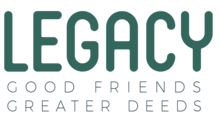 KW Legacy Leaders
KW Legacy Leaders
Co-founded by University of Waterloo alumni Mike Denomme and his late brother Brian, KW Legacy Leaders is a grassroots group of people who grew up in Waterloo Region and have an earnest desire to give back to their home community. Ten of the members are University of Waterloo alumni. Since 2015, the group has raised over $520,000 to support 55 student scholarships for incoming University students, the School of Pharmacy and St. Jerome’s University. Alongside the scholarship, students also gain access to KW Legacy’s network of mentors.
Congratulations to this year’s winners for their extraordinary work within the community.

Read more
Community members recognized for their leadership and impact through volunteer work, outreach and service to Waterloo region
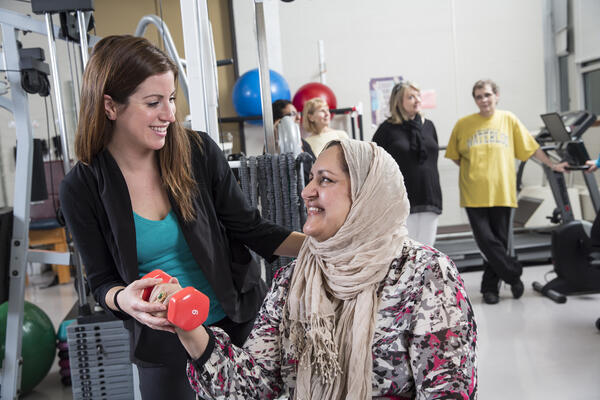
Read more
Nominate community leaders who have made an impact through volunteer work, public speaking, school outreach or other community service
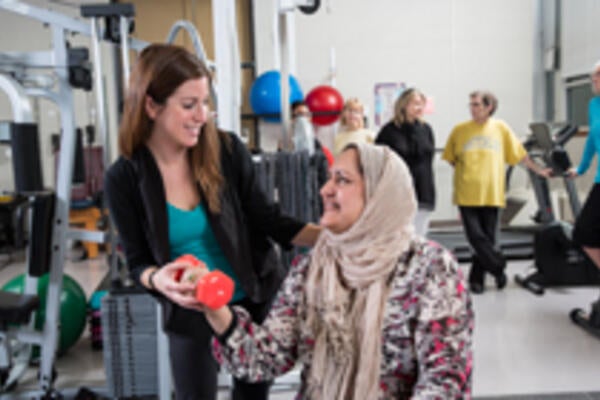
Read more
Awards will recognize those who contribute to making Waterloo Region strong and prosperous
The University of Waterloo acknowledges that much of our work takes place on the traditional territory of the Neutral, Anishinaabeg, and Haudenosaunee peoples. Our main campus is situated on the Haldimand Tract, the land granted to the Six Nations that includes six miles on each side of the Grand River. Our active work toward reconciliation takes place across our campuses through research, learning, teaching, and community building, and is co-ordinated within the Office of Indigenous Relations.